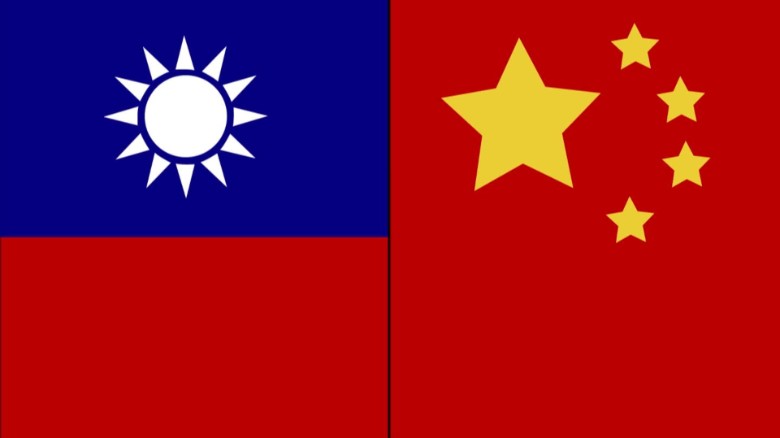Second Pacific nation in a week ditches Taiwan for Beijing

Foreign Minister Joseph Wu announced the change at a press conference, saying that in response Taipei would cut diplomatic ties with Kiribati.It comes just four days after the Solomon Islands’ government voted unanimously to recognize mainland China over Taiwan, a move which was condemned in Taipei and welcomed in Beijing.The loss of the Solomon Islands and Kiribati has left Taiwan with just 15 diplomatic allies.Wu told reporters that Taiwan regretted and “strongly condemns” Kiribati’s decision, which he added disregarded years of “assistance and friendship” between the two governments.Beijing has yet to comment on the decision but when the Solomon Islands moved to begin diplomatic ties with Beijing earlier in the week, Chinese Foreign Ministry spokesman Hua Chunying described it as “an irresistible trend of the times.”The number of countries who have diplomatic relations with Taiwan — officially the Republic of China — rather than the mainland Chinese government has shrunk rapidly since 2016. Last year alone, El Salvador, Burkina Faso and the Dominican Republic all announced they would no longer recognize Taipei.The rapid loss of diplomatic allies comes at a bad time for Taiwan President Tsai Ing-wen who is facing an uphill battle for re-election in January 2020.In a statement Monday after the Solomon Islands severed ties, Taiwan’s Mainland Affairs Council, the top body in charge of relations with Beijing, accused China of luring away diplomatic allies in a bid to influence the result of the election.”Beijing authorities have been attempting to influence elections in Taiwan. This has gradually undermined peace over the Taiwan Strait through infringing Taiwan’s rights and interests,” the statement said.Taipei’s diplomatic isolationChina’s Communist leadership refuses to maintain diplomatic ties with any country that recognizes the self-governed and democratic Taiwan, an island of 23 million people off China’s southeastern coast that Beijing regards as part of its territory.Taiwan and mainland China have been separately governed since the end of a bloody civil war in 1949. Since then, Beijing and Taipei have competed to gain economic opportunities and diplomatic support from governments around the world.After just under 70 years of competition, Taiwan only has 15 diplomatic allies remaining, mostly small nations in the Caribbean and the Pacific, as well as the Vatican.Tensions between Taipei and Beijing have worsened since the 2016 election of Taiwanese President Tsai Ing-wen. Her Democratic Progressive Party (DPP) has a history of supporting a declaration of official independence from China, even though Tsai herself has publicly opposed such a move.After the Solomon Islands cut relations this week, Tsai denounced Beijing for using “financial and political pressure” to suppress Taiwan’s international relations.”We spare no effort and treat our allies with sincerity. However in the face of China’s interference and suppression, we will not stand to be threatened, nor will we be subjected to ceaseless demands,” Tsai said, according to Taiwanese news agency CNA.But in an editorial published by state-run tabloid Global Times Tuesday, the paper said that Taiwan would continue to lose diplomatic ties “until it reaches zero.””The reason is simple: China is so strong already and has taken an important role in economic and political arenas. No single normal country will stand on the opposite side of Beijing,” the article said.






